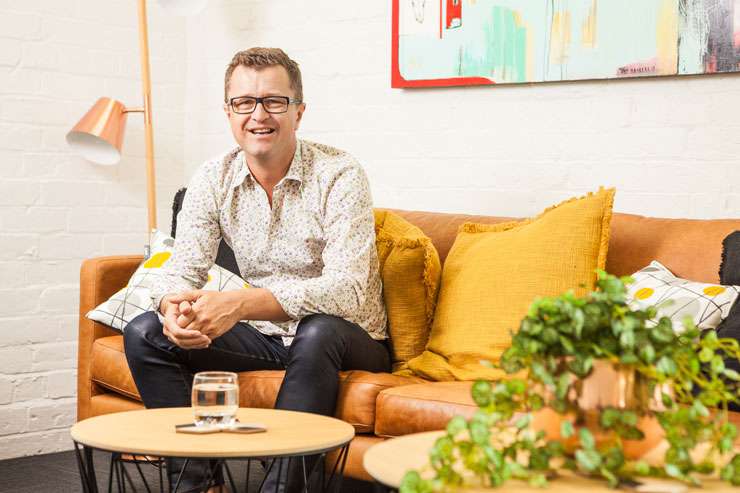COMMENT: With alert level 3 and levelv4 lock downs we really begin to appreciate the limitations of working from home. The challenge is that upgrading the family home is easier said than done. For those wanting to upgrade, a quick look on listing sites will confirm there isn’t much on the market. Nobody is moving, because it is too hard. It’s easy to sell, but it’s very hard to buy. And if you find the right house, chances are it will be going to auction next week!
The thought of unconditionally buying before you even get your existing home on the market is scary. There are so many “what-ifs”. Imagine buying at auction and then getting stuck in a level-4 lock down that prevents you from selling. It happens.
In a market with slim pickings it makes absolute sense to buy first. Putting yourself under pressure to buy, because you’ve already sold will often end in compromise and disappointment, or you might find yourself out of market for a long time. I have seen clients take over a year to get back into a market that has since risen by 20 percent.
But buying first isn’t easy. Banks are reluctant participants in the process. They will assess your ability to service the overall debt. In the past we could assume rental income on one of the properties as a back-stop to show an ability to service the mountain of debt required to bridge two properties, but LVR restrictions and the removal of tax deductibility of interest have squashed that approach.
Start your property search

John Bolton: “Nobody wants to be left stranded without a solution.” Photo / Supplied
The only way these days is to take risk. That involves buying with a long-settlement to give yourself enough time to sell in the meantime. Typically, we see buyers able to negotiate up to eight week settlement timeframes and in a hot market that should be long enough to get your current home under contract.
But there are still a few unresolved issues. The first is how to raise a deposit to buy at auction. If your bank isn’t prepared to fund your purchase until after you sell, then they are unlikely to give you deposit funds to buy at an auction.
It will be worth doing a small top-up loan for paying a deposit. Although auctions require a 10% deposit, this can often be negotiated down prior to auction. This is done by signing a variation agreement with the agent and vendor to push out settlement date and reduce the deposit.
The second issue is not selling in time. This is where a bridging loan becomes important. This type of lending will work provided your total lending is below 80% of the combined property values. It is a short-term funding option and is more expensive, but it allows you to upgrade your home when it suits you, and it does that without the stress and without the risk.
Bridging loans can be arranged by mortgage brokers, but make sure your broker has access to a suitable bridging solution before you buy. Not all brokers have bridging solutions and not all bridging loans are competitive. I’ve had to rescue a number of buyers this year who jumped into buying without a proper plan in place. Having a preapproval for the end position once your house is sold is not enough, because that still leaves you with significant risk. Nobody wants to be left stranded without a solution, or alternatively with an overly expensive solution.
If you’re going to upgrade have a plan. Get your property ready to sell including getting an appraisal so that you’re ready to pull the trigger. Use a broker and get a preapproval from a lender for the residual lending that you’ll need once your existing house sells. And make sure you understand your bridging options just in case you need them. Basically have a Plan A, a Plan B and a Plan C.
The hardest bit will still be finding a new home you love. Just be ready for when you do, because they don’t come around that often.
- John Bolton is the founder of Squirrel Mortgages











